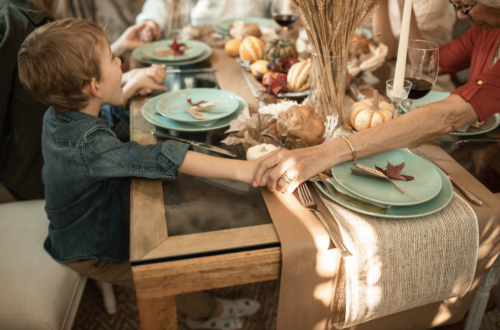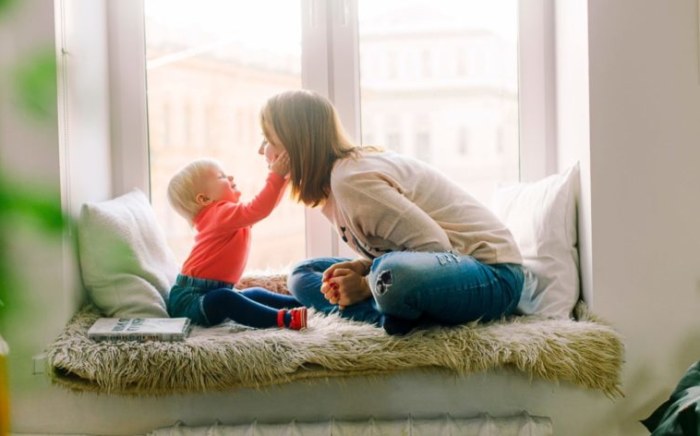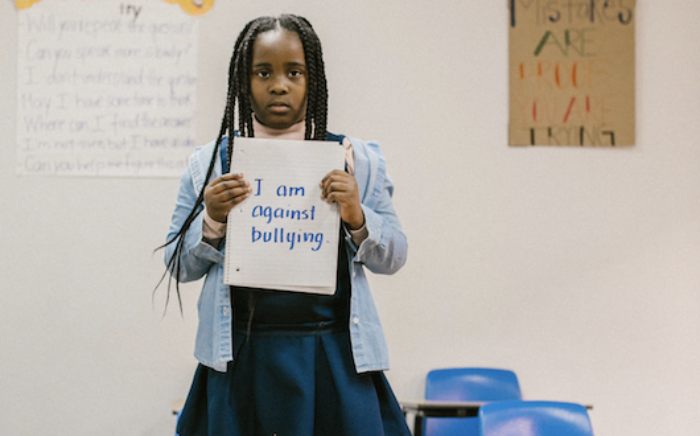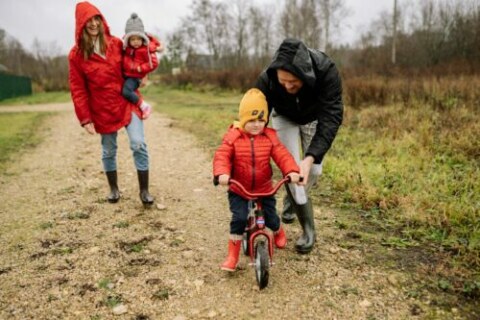The season of giving thanks is right around the corner, making it the perfect time to start thinking about the role of gratitude in our daily lives. Feelings of gratitude and appreciation can have profound impacts on our own health and our children’s health in many ways. Generally, gratitude is linked with experiencing more positive emotions, resulting in increased mood, even in children as young as 4 years old. Gratitude can also impact peer and family relationships by promoting engagement in helping behaviors, such as sharing. Check out the tips below for incorporating practices into your parenting toolkit and family routines to help promote gratitude and overall well-being in your children.
Parenting Practices
Modeling. When parents demonstrate and verbalize their own feelings of gratitude in various moments, it helps kids understand and internalize what that looks and feels like. Expressing your own feelings in moments of gratitude is an easy way to model appreciation.
Exposure to environments that value gratitude. Support your child’s development of gratitude by ensuring they spend time in places and with people that also reinforce gratitude. One easy way to increase their exposure to concepts of gratitude are by including books that talk about the importance of showing appreciation.
Scaffolding gratitude throughout the day. Reminding children throughout their day to practice being grateful and pointing out opportunities to show appreciation can help kids internalize these skills and learn to identify appropriate moments to express or notice feelings of gratitude.
Having discussions with kids about gratitude. Talking to children about what gratitude is, how it makes us and others feel, and ways to express gratitude can be the first step in giving your child the tools to.
Bonus tip! Give your child a speecific praise for a behavior that might indicate gratitude (such as “thanks so much for sharing”) for a double dose of modeling your own appreciation and reinforcing a specific behavior related to gratitude!
Family Practices
Use a gratitude jar. Place an empty jar in your family’s kitchen or living room and fill it with things that you are grateful for. Set aside a time each day to write down one thing you’re grateful for on a strip of paper and watch the jar fill up over time! At special times like birthdays or holidays, each family member can read aloud some things from the jar.
Keep a gratitude journal. For older children, having a journal where they can write down things they are grateful for is an age-appropriate way to help foster feelings of appreciation and enhance their mood & well-being. For an extra boost, starting the day by writing in a gratitude journal before school can help start the day off on the right foot.
Have a Family Day of Gratitude. Set aside a specific day of gratitude for you and your family to tell others that you are thankful for them! This can be done through visiting loved ones, writing letters or notes, or giving a friend a phone call. Whatever way you choose to show your appreciation to someone else, aim to have a regular day where you and your family members express gratitude.
Remember, the development of gratitude is an ongoing process that can contribute to your child’s feelings of positive emotions and overall well-being. Incorporating some of these ideas into regular practice can help your child develop necessary social emotional skills and feel happier!
References:
Nguyen, S. P., & Gordon, C. L. (2019). The relationship between gratitude and happiness in young children. Journal of Happiness Studies: An Interdisciplinary Forum on Subjective Well-Being. Advance online publication. https://doi.org/10.1007/s10902-019-00188-6
Shoshani A, De-Leon Lendner K, Nissensohn A, Lazarovich G, Aharon-Dvir O. Grateful and kind: The prosocial function of gratitude in young children’s relationships. Dev Psychol. 2020 Jun;56(6):1135-1148. doi: 10.1037/dev0000922. Epub 2020 Apr 2. PMID: 32237875.
Hussong, A. M., Coffman, J. L., & Halberstadt, A. G. (2021). Parenting and the development of children’s gratitude. Child Development Perspectives. Advance online publication. https://doi-org.elibrary.einsteinmed.org/10.1111/cdep.12434
Chowbury, M. R. (2021, October 9). The neuroscience of gratitude and how it affects anxiety & grief. Positivepsychology.com. https://positivepsychology.com/neuroscience-of-gratitude/









